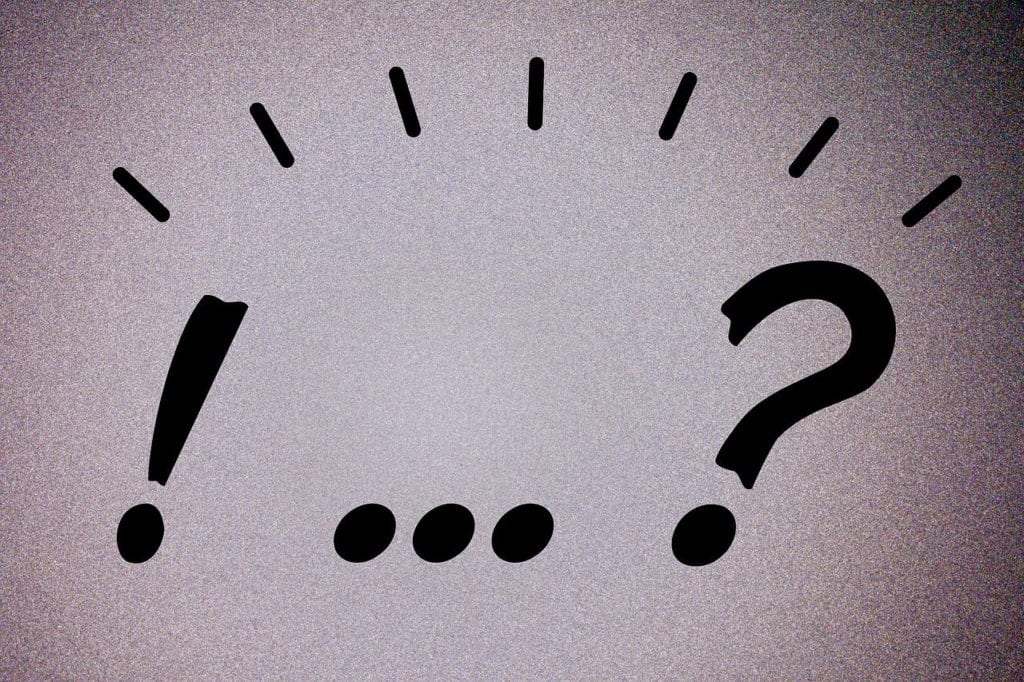One of the hardest parts of living with a rare or chronic condition such as hereditary angioedema (HAE) is being told “but you don’t look sick!”—even when you feel like garbage.
The implication is that if you don’t look sick, you can’t actually be sick, and therefore don’t deserve to be treated with any extra sensitivity or consideration. Which is, of course, bullsh*#.
Here’s something else that’s bullsh*#: Sometimes, people who actually DO look sick aren’t treated much better, and in some cases are outright mocked. That’s what Lauren Farley-Smith, a young woman and aspiring flight attendant from Darlington, England has faced in her journey with HAE.
HAE causes painful swelling—the result of excess fluid trapped in the body’s tissues underneath the skin. Any number of things may trigger a swell, from a physical injury to excess stress.
In Lauren’s case, HAE has sometimes caused her face to swell to twice it’s size. Compounding the physical pain has been the reactions of others. Children have sometimes cried at her appearance, and total strangers have laughed at her and made cruel comments. In previous jobs, customers have refused to talk to her out of fear she was contagious. And in the worst case scenarios, employers have fired her because they thought she was lying about how much pain she was in.
Lauren has struggled with depression and feelings of isolation in the past. Today she’s learned to put the comments of the ignorant in context and is focusing on her life and dreams—she also practices meditation and gets counseling to help her avoid triggers. But really, don’t people with HAE have enough on their plates to worry about without ALSO having to factor in the reactions of others?
It may well be that the actual number of people who think it’s acceptable to laugh at someone with a swell is tiny—maybe it’s one out of every 10 or 20. Maybe it’s less. But the real number needs to be zero. The number of times a person with HAE should have to explain that swells are freaking painful—but NOT contagious and NOT something to laugh about—needs to be zero.
Empathy and common human decency isn’t rocket science; hell, it isn’t even a fifth-grade science project.
So… what can we do to counter this type of behavior? First, and this is the hard part: Accepting we’ll never get to zero. Short of identifying and eliminating the asshole gene in humanity, we’ll always have people who can’t or won’t empathize. It sucks, but that’s the truth of it. But that doesn’t mean we shouldn’t STRIVE to get as close to zero as possible. And there’s plenty we can do to work towards this goal.
In essence, empathy is the ability to put yourself in someone else’s shoes and feel what they feel—so a lack of empathy is an inability to do this, either through lack of imagination, lack of information, or lack of social consequences. So let’s help people imagine what it’s like to have a swell. Let’s give them information to help them understand HAE. And let’s show them that the consequences of cruelty are real and lasting. And if none of that works, let’s give ‘em a good, solid kick in the ass.
It’s worth mentioning that Lauren herself—and many others like her living with HAE—are much, much bigger people than me.
She doesn’t focus on the negatives of life with HAE, choosing instead to be positive. We could all probably learn a lot from her example. At the same time, none of us should accept cruelty or insensitivity as an unavoidable part of life with HAE. And as long as we’re willing to speak up and make some noise, we don’t have to.







